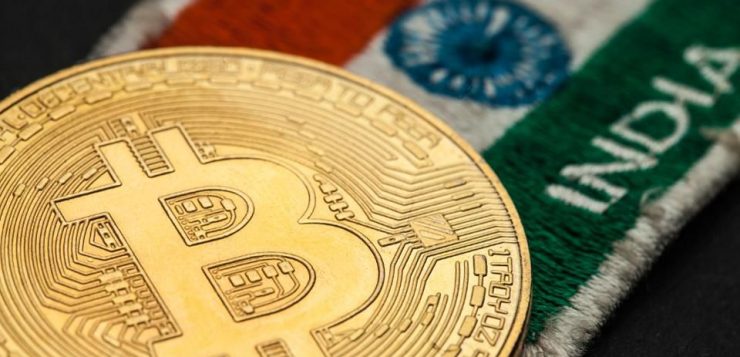This month, the Reserve Bank of India (RBI), the country’s central bank, initiated a major crackdown on the purchase and trading of cryptocurrencies such as Bitcoin in India. At their bi-monthly monetary policy press conference on April 5th, RBI Deputy Governor B.P. Kanungo decreed that all RBI regulated bodies “are required to stop having business relationships with entities dealing with virtual currencies forthwith and unwind the existing relationships in a period of three months time.”
This means that come July, India’s banks and lenders will no longer be able to transact or facilitate transactions with companies or individuals that trade in cryptocurrencies.
The motive behind the move
In his speech, Mr. Kanungo briefly outlined the reasoning behind the directive that effectively shuts down crypto trade in India, contending that virtual currencies “can seriously undermine the AML [anti-money laundering] and FATF [Financial Action Task Force] framework, adversely impact market integrity and capital control, and if they grow beyond a critical size, can endanger financial stability as well.”
This is not the first time the RBI has indicated its cautionary stance on virtual currency. It has over the last five years, issued several prior warnings, and when presenting the Union Budget for 2018 in February, India’s Finance Minister Arun Jaitley publicly stated that the country does not recognize cryptocurrencies as legal tender.
In fact, over the last few months, many major banks and credit card issuers in India including the country’s largest private bank– HDFC, as well as the India arms of multinational banks like Citi, have also banned the use of their cards to purchase cryptocurrencies here.
Following global precedents
The RBI move comes as governments across the globe are increasing restrictions on virtual currencies.
The fact that cryptocurrencies are unregulated coupled with the incredible rise in the value of Bitcoin last year to a peak value of almost $20,000 in early December escalated worries worldwide that such currencies could be used to facilitate all sorts of crime: everything from money laundering and tax evasion to terrorism.
Several U.S. banks banned the use of their cards for purchasing virtual currency. Once a major center for cryptocurrency trading, China too now looks geared toward a serious clampdown. Even Japan and South Korea, considered crypto hot spots till recently, have put in place a number of regulations.
India is following suit.
The end of the road for crypto in India?
Until the RBI order was issued, Indians could trade virtual currencies for rupees without breaking the law. That ends with the RBI’s July deadline, which has caused significant anxiety for the country’s crypto investors.
Should they exit crypto in the three month window stipulated, or should they hold and utilize potential loopholes when needed, such as trading crypto for crypto, or trading cash for crypto abroad? Conceivably, these options would entail their own limitations and complications.
As for India’s crypto exchanges, will they be forced to shut shop?
It remains to be seen how exactly the directive will play out, but the country’s virtual currency players are obviously disappointed with the RBI’s decision, and many are unwilling to go down without a fight. Several virtual currency exchanges are looking to challenge the RBI order in the Supreme Court. The players that can afford it may choose to move their operations to more crypto-friendly countries like Switzerland, Dubai, or Singapore.
A possible alternative?
While the RBI diktat is being widely construed here as a “ban,” on crypto, it is worth noting that Deputy Governor B.P. Kanungo included a caveat in his speech, acknowledging that “the blockchain technology or the distributed ledger technology that lies beneath the virtual currencies has potential benefits for financial inclusion and enhancing the efficiency of the financial system,” and that such technology should “be exploited for the benefit of the economy.” He further indicated that the RBI may even create a “fiat digital currency” of its own, and that a report on this prospect can be expected by June.
Given that despite sanctions like this, blockchain technology and decentralized finance look like they will be an inevitable part of the future of the global economy, whether the RBI’s move will succeed in achieving a permanent embargo or entail only a short term inconvenience for India’s crypto ecosystem, remains to be seen.
Read more at: Forbes







